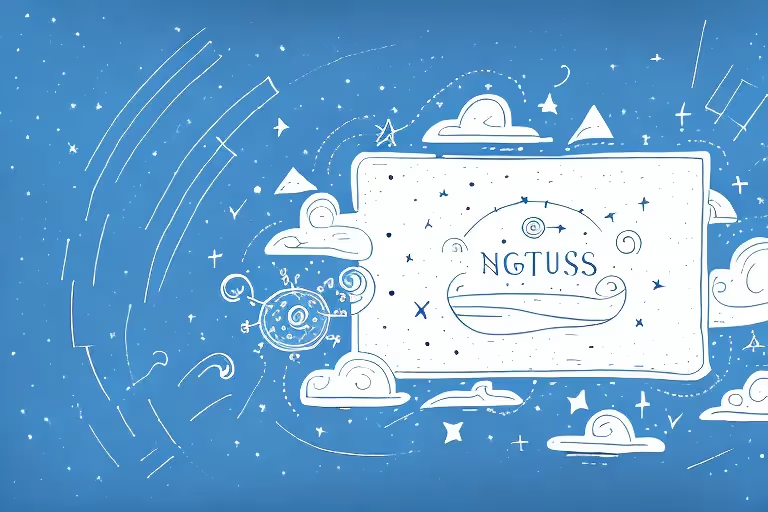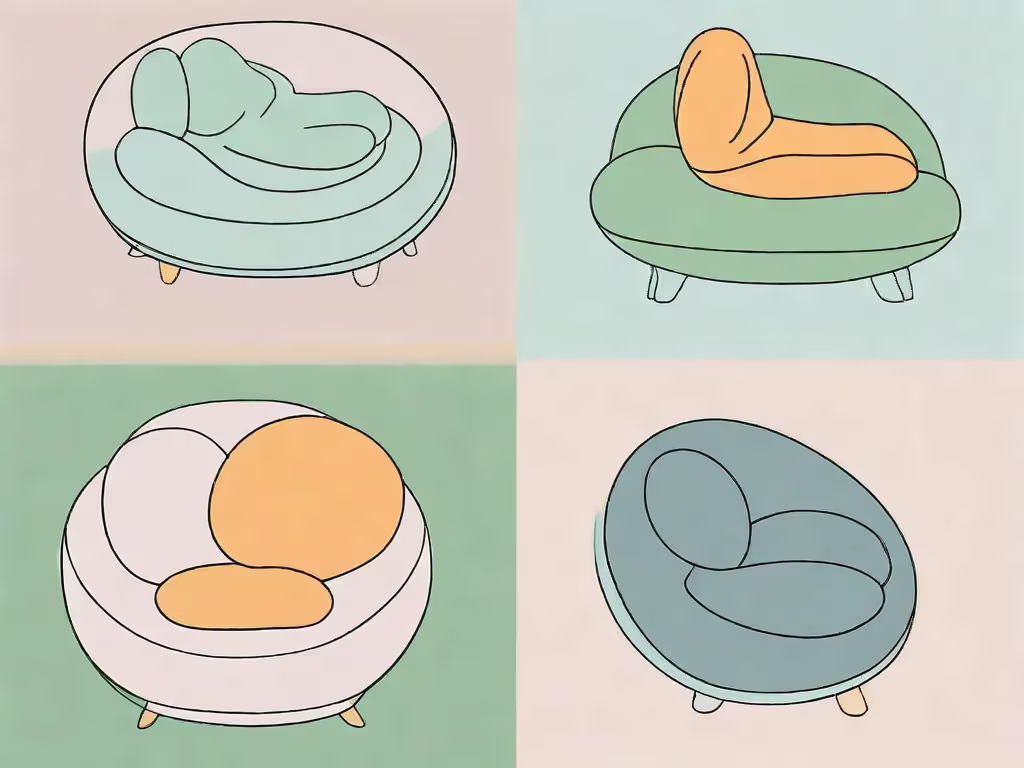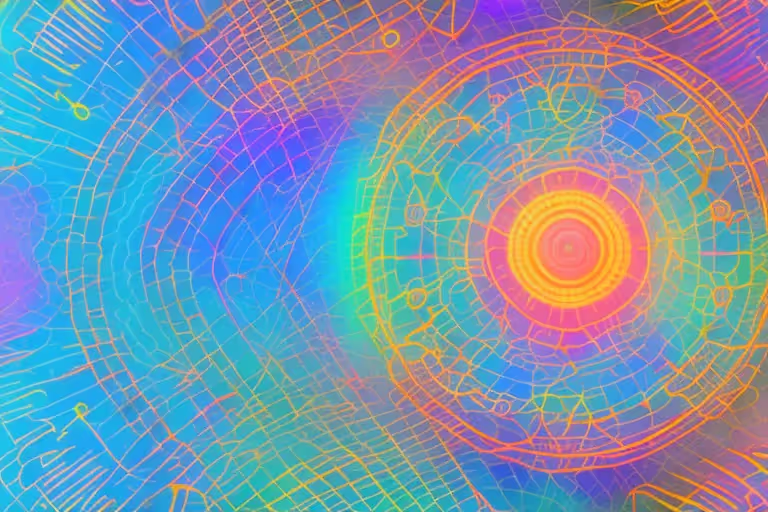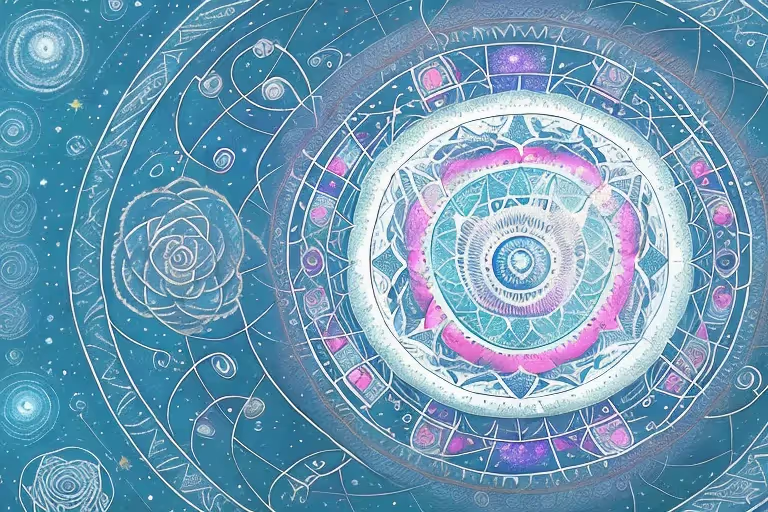Meditation is a practice that holds immense potential for self-discovery and personal growth. As we delve deep into the realms of our consciousness, we often encounter vivid mental images known as eidetic signs. These signs, rich in symbolism, play a profound role in our meditation experiences, offering insights into our psyche and the world around us. In this article, we will dive into the fascinating world of eidetic signs, exploring their connection to symbolism and perception in the realm of meditation.
Understanding Eidetic Imagery
Eidetic imagery refers to the detailed mental images that emerge during deep states of meditation. These images can be vivid and lifelike, representing concepts, emotions, memories, or even glimpses into the collective unconscious. As we open ourselves up to the depths of our inner being, these powerful images can arise spontaneously.
During meditation, the mind enters a state of heightened awareness and relaxation. It is in this state that the subconscious mind becomes more accessible, allowing for the emergence of eidetic imagery. These mental images can be experienced as if they are happening in the present moment, with a clarity and intensity that is often indistinguishable from actual sensory perception.
The Science Behind Eidetic Images
Scientific research into the phenomenon of eidetic images is still in its nascent stage. However, initial studies suggest that these mental images may originate from a convergence of various cognitive processes. The brain's ability to conjure eidetic signs is believed to involve a combination of memory retrieval, emotional processing, and the activation of neural networks associated with visual perception.
Memory retrieval plays a crucial role in the formation of eidetic imagery. It is through the recollection of past experiences that the mind is able to construct these vivid mental images. The emotional processing aspect of eidetic imagery suggests that the images that arise during meditation may be linked to our deepest emotions and feelings. These images can serve as a way for the mind to process and make sense of complex emotional states, providing a visual representation of our innermost thoughts and desires.
Furthermore, the activation of neural networks associated with visual perception suggests that the brain is able to simulate sensory experiences during the formation of eidetic images. This simulation allows for the creation of detailed and lifelike mental images that can be experienced with a level of realism that is truly remarkable.
Eidetic Imagery and Memory
One intriguing aspect of eidetic signs is their potential connection to memory. For some individuals, these images might evoke memories from their past: a cherished childhood moment, a pivotal life event, or an unconscious association. It is as if the mind uses these symbolic images to communicate messages, lessons, or unresolved emotions from our life experiences.
Research suggests that eidetic imagery can serve as a powerful tool for memory enhancement and recall. By engaging with these vivid mental images, individuals may be able to tap into forgotten memories or gain new insights into past experiences. This connection between eidetic imagery and memory opens up exciting possibilities for therapeutic applications, such as trauma resolution and personal growth.
Furthermore, the use of eidetic imagery in creative pursuits has been explored by artists and writers. By harnessing the power of these mental images, creative individuals can tap into a wellspring of inspiration and imagination. The vivid and detailed nature of eidetic imagery can provide a rich source of material for artistic expression, allowing for the creation of truly unique and captivating works of art.
The Role of Eidetic Signs in Meditation
Eidetic signs are not mere figments of our imagination; they hold profound significance in the practice of meditation. When encountered during a meditation session, these signs serve as gateways to deeper insights and self-awareness. They act as signposts, guiding us towards wisdom and clarity on our spiritual path.
Interpreting Eidetic Signs During Meditation
Interpreting eidetic signs can be both an intuitive and analytical process. Sometimes, the meaning behind these images may be immediately apparent, resonating with our present state of mind. Other times, they might require reflection, meditation, or even exploration with the help of a trusted mentor or guide. By examining the symbols and emotions present within these signs, we can gain valuable insights into our inner world.
The Connection Between Eidetic Signs and Mindfulness
One of the fascinating aspects of eidetic signs is their correlation with mindfulness. Mindfulness, the practice of being fully present in the moment, enhances our ability to observe and understand these signs. By cultivating a nonjudgmental awareness of our thoughts and experiences, we open ourselves up to the possibilities that these symbols hold. This connection between mindfulness and eidetic signs deepens our exploration of symbolism and perception in meditation.
Symbolism in Meditation
Symbols have played a crucial role in human culture and spirituality since ancient times. In the context of meditation, symbols can serve as potent tools for self-reflection and transcendence. By engaging with symbols during our practice, we tap into the reservoir of collective meanings and archetypes embedded in our collective consciousness.
The Power of Symbols in Meditation Practices
Symbols possess the innate ability to bypass the limitations of language and directly communicate with our subconscious mind. They carry universal meanings that transcend cultural barriers, allowing us to connect with the depth of our being. Whether it's the serene image of a lotus flower, the spiritual significance of a mandala, or the sacred geometry of a yantra, symbols provide a bridge between the conscious and unconscious aspects of our psyche.
Decoding Symbolic Messages in Meditation
Decoding the symbolic messages that arise during meditation requires patience, curiosity, and an open mind. Symbols can be deeply personal, representing our unique journey and inner landscape. However, they can also carry archetypal meanings that resonate across individuals and cultures. By honing our capacity for introspection and exploring the historical, cultural, and personal associations of symbols, we empower ourselves to unlock profound wisdom and transformation.
Perception and Meditation
Perception forms the lens through which we experience the world. In the context of meditation, our perception undergoes subtle shifts and transformations. Our senses become attuned to the subtleties and nuances that would typically go unnoticed. This expanded perception allows us to perceive the world and ourselves in new and profound ways.
How Meditation Alters Perception
Meditation alters perception by quieting the incessant chatter of our mind and heightening our awareness of the present moment. As we immerse ourselves in stillness and silence, our perception becomes more attuned to subtle sensations and energies. We develop a heightened sensitivity to the interconnectedness of all things, experiencing a deep sense of unity and reverence for life.
The Impact of Perception on Meditation Experience
Our perception shapes our meditation experience in profound ways. The way we perceive our surroundings and ourselves influences our state of mind, emotions, and the depth of our practice. A calm and focused perception can create a harmonious and transformative experience, while a distracted or judgmental perception may hinder our progress. Cultivating an open and compassionate perception invites us to embrace the fullness of each moment.
The Interplay of Eidetic Signs, Symbolism, and Perception
The interplay between eidetic signs, symbolism, and perception forms a tapestry of meaning and understanding in the realm of meditation. These three elements, when woven together, can unlock profound insights, facilitate personal growth, and nurture a deep connection with our inner selves.
Integrating Eidetic Signs and Symbolism in Meditation
Integrating eidetic signs and symbolism in meditation can deepen our spiritual practice. By exploring the meaning behind the signs and symbols that arise, we can access deeper layers of our psyche and gain a greater understanding of ourselves. This integration invites us to embrace the transformative power of imagery and symbolism on our path towards self-realization.
Perception's Role in Understanding Eidetic Signs and Symbols
Perception acts as a bridge between eidetic signs, symbolism, and our conscious awareness. It is through our perception that we interpret and make sense of the imagery and symbols that emerge during meditation. By cultivating a clear, open, and nonjudgmental perception, we deepen our ability to understand the wisdom and insights conveyed by these signs and symbols.
In conclusion, exploring the realm of eidetic signs in meditation offers a transformative journey of self-discovery and awareness. By delving into the symbolism and perception inherent in these signs, we deepen our connection with our inner selves and the world around us. Each meditation session becomes an opportunity to explore the depths of our consciousness and unravel the layers of meaning embedded within. Harnessing the power of eidetic signs, symbolism, and perception, we embark on a path of self-transformation through the profound practice of meditation.
Remember, the Aura Health App is there to support your meditation journey!
Aura is Your All In One App for Meditation, Mindfulness Wellbeing
Find peace every day with one app for your whole well-being. There is no one-size-fits-all solution to mental well-being. Aura is the first all-in-one wellness app that learns how to best help you. Discover an endless library of expert-created tracks for your well-being, all taught by the world’s best coaches, therapists, and storytellers. With Aura's personalized recommendations, you can find peace every morning, day and night.



.webp)





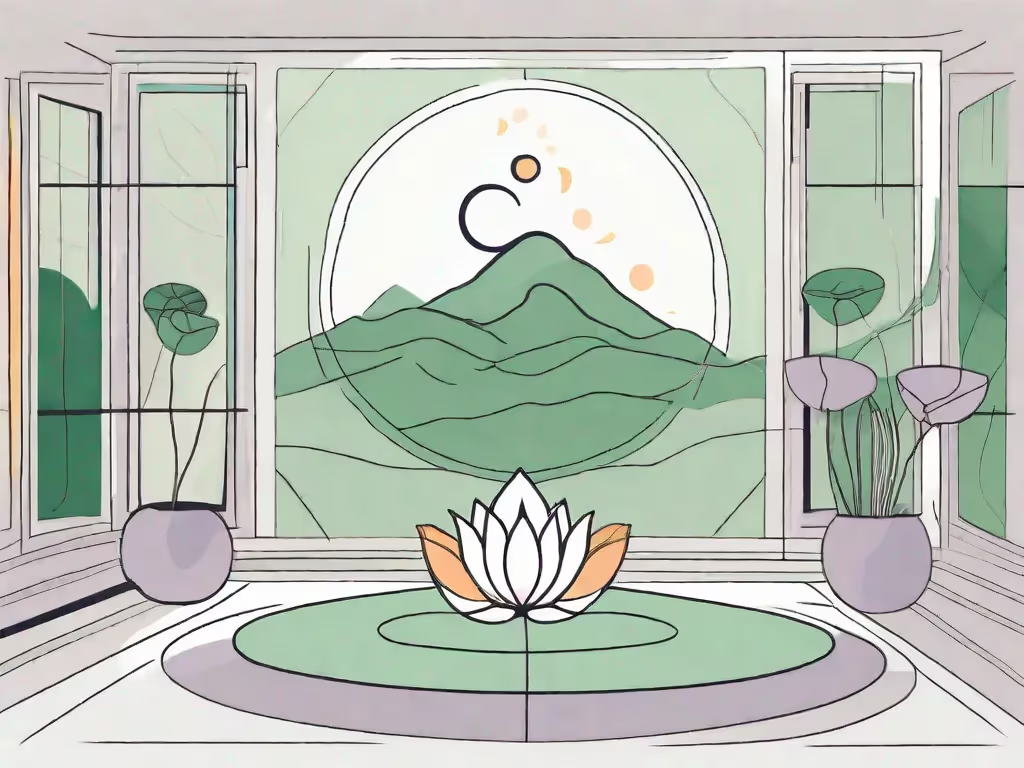
.avif)

%20(1).avif)


.avif)
.avif)
.webp)


.avif)


















































































































.avif)

















.svg)
